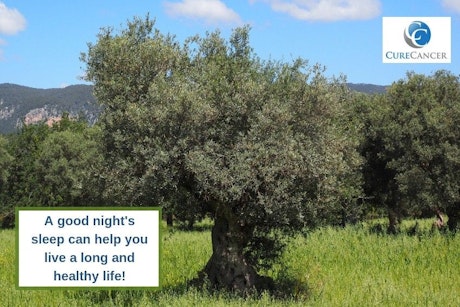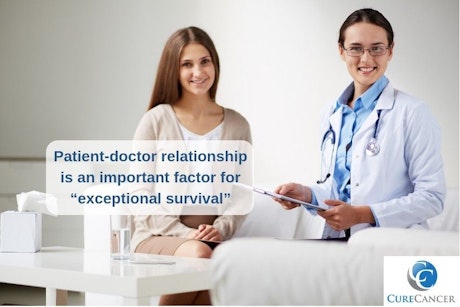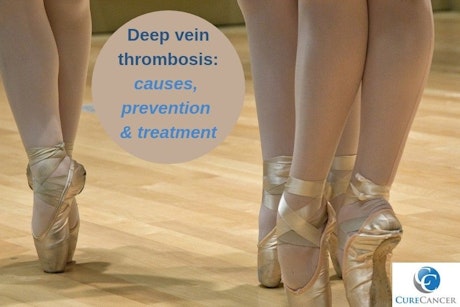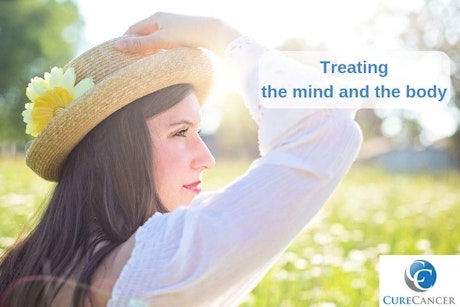Tele-Oncology and Digital Health ● Let’s Talk About Sex, Sexual Health and Oncofertility, ● Life after Cancer - Cancer Survivorship, Technology for Care ● Treatment Toxicities – What Patients Report ...[Read more]
The immense progress in molecular biology has contributed in the development of new anticancer drugs, which target specific cellular targets and molecules. This has led to an important progress in can...[Read more]
The MASCC/ISOO Annual Meeting on Supportive Care in Cancer The 2019 Annual Meeting of the Multidisciplinary Association of Supportive Care in Cancer (MASCC) and the International Society of Oral Onco...[Read more]
The 2nd International Symposium on medication related osteonecrosis of the jaws in Copenhagen took place in 2 November 2018 [www.righospitalet.dk/MRONJ]. The medications which are related to MRONJ are...[Read more]
Trouble sleeping or insomnia is a sleep disorder in which people get too little or poor-quality sleep. Sleeping problems are common for patients with cancer, either during or after therapy. Not all pa...[Read more]
With the continued advances in technologies to detect cancer early and treat patients effectively (including improvements in radiation and chemotherapy regimens, surgical techniques, biological modali...[Read more]
Thrombosis occurs when blood cells coagulate and form clots-thrombus, which obstruct vessels. When the thrombus is created in a deep vein it is called "deep vein thrombosis". This happens usually in l...[Read more]
As cancer therapies improve, patients live longer. With these improvements in therapy comes a responsibility to optimize patient’s quality of life during and after cancer therapy. The present article ...[Read more]








